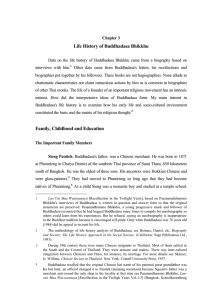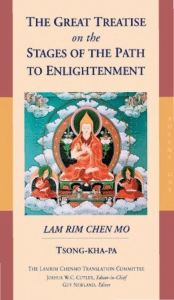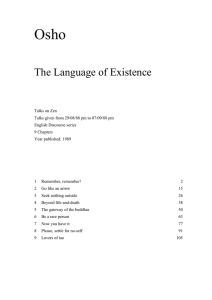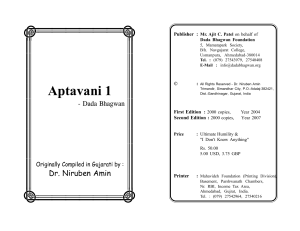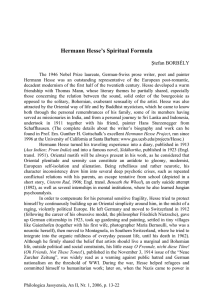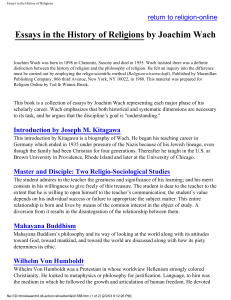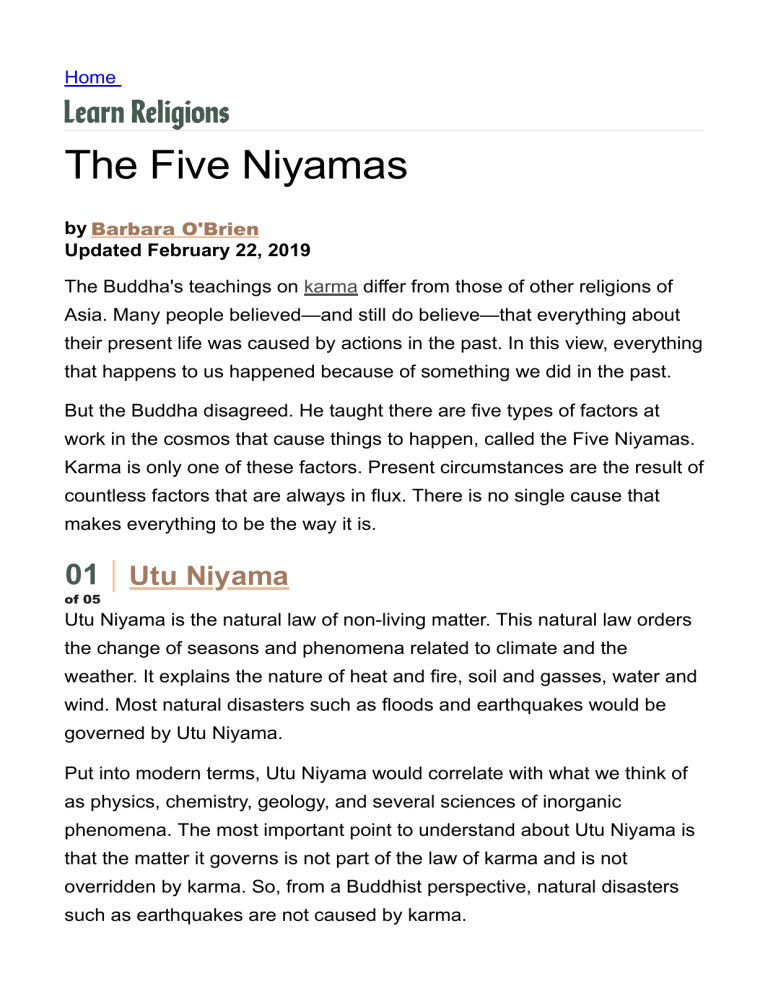
Home The Five Niyamas by Barbara O'Brien Updated February 22, 2019 The Buddha's teachings on karma differ from those of other religions of Asia. Many people believed—and still do believe—that everything about their present life was caused by actions in the past. In this view, everything that happens to us happened because of something we did in the past. But the Buddha disagreed. He taught there are five types of factors at work in the cosmos that cause things to happen, called the Five Niyamas. Karma is only one of these factors. Present circumstances are the result of countless factors that are always in flux. There is no single cause that makes everything to be the way it is. 01 Utu Niyama of 05 Utu Niyama is the natural law of non-living matter. This natural law orders the change of seasons and phenomena related to climate and the weather. It explains the nature of heat and fire, soil and gasses, water and wind. Most natural disasters such as floods and earthquakes would be governed by Utu Niyama. Put into modern terms, Utu Niyama would correlate with what we think of as physics, chemistry, geology, and several sciences of inorganic phenomena. The most important point to understand about Utu Niyama is that the matter it governs is not part of the law of karma and is not overridden by karma. So, from a Buddhist perspective, natural disasters such as earthquakes are not caused by karma. 02 Bija Niyama of 05 Bija Niyama is the law of living matter, what we would think of as biology. The Pali word bija means "seed," and so Bija Niyama governs the nature of germs and seeds and the attributes of sprouts, leaves, flowers, fruits, and plant life generally. Some modern scholars suggest that laws of genetics that apply to all life, plant and animal, would come under the heading of Bija Niyama. 03 Kamma Niyama of 05 Kamma, or karma in Sanskrit, is the law of moral causation. All of our volitional thoughts, words, and deeds create an energy that brings about effects and that process is called karma. The important point here is that Kamma Niyama is a kind of natural law like gravity that operates without having to be directed by a divine intelligence. In Buddhism, karma is not a cosmic criminal justice system, and no supernatural force or God is directing it to reward the good and punish the wicked. Karma is, rather, a natural tendency for skillful (kushala) actions to create beneficial effects, and unskillful (akushala) actions to create harmful or painful effects. 04 Dhamma Niyama of 05 The Pali word dhamma, or dharma in Sanskrit, has several meanings. It often is used to refer to the teachings of the Buddha, but it also is used to mean something like "manifestation of reality" or the nature of existence. One way to think of Dhamma Niyama is as natural spiritual law. For example, he doctrines of anatta (no self), shunyata (emptiness), and the marks of existence would be part of Dhamma Niyama. 05 Citta Niyama of 05 Citta, sometimes spelled chitta, means "mind," "heart," or "state of consciousness." Citta Niyama is the law of mental activity—something like psychology. It concerns consciousness, thoughts, and perceptions. We tend to think of our minds as "us," or as the pilot directing us through our lives but in Buddhism, mental activities are phenomena that arise from causes and conditions like other phenomena. In the teachings of the Five Skandhas, mind is a kind of sense organ, and thoughts are sense objects, in the same way the nose is a sense organ and smells are its objects.

